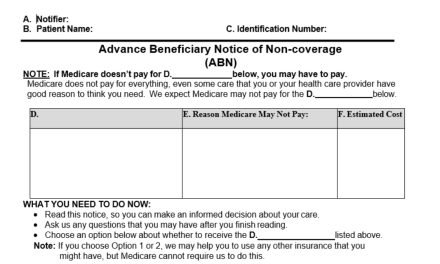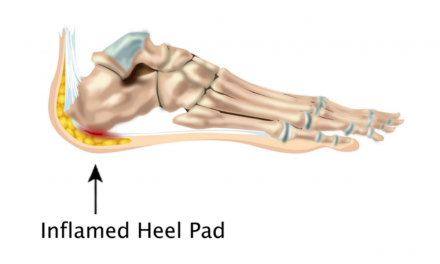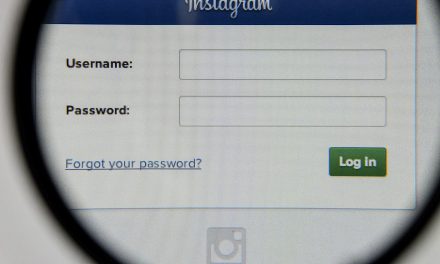
Civil Monetary Penalties, OIG, and the Chiropractic Practice

The Office of the Inspector General (OIG), part of the Department of Health and Human Services (HHS), has the authority to seek civil monetary penalties (CMP) for a wide variety of conduct that may be considered abusive or fraudulent. This includes getting paid for a service that is determined to be medically unnecessary, and for overcharging or double billing a Medicare beneficiary. While False Claims Act cases are pursued by the Department of Justice (DOJ) on behalf of HHS in Federal court, CMP cases are administrative and pursued by OIG before an HHS administrative law judge. Depending on the offense, penalties vary from $10,000 to $100,000. (See the Office of Inspector General’s General Compliance Program Guidance (GCPG), published November 2023).
The following are circumstances which may lead to CMP liability:
- Making a false record that helps secure payment for a false claim for an item or service furnished under a Federal health care program.
- Failing to report and return a known overpayment.
- Committing acts known to be in violation of the Federal anti-kickback statute.
- Submitting a claim for an item or service that is known to not be medically necessary.
- Arranging for services to be delivered by an individual who is excluded from participation in a federal health care program.
- Presenting a claim that is known to be fraudulent
For example, in 2016 a chiropractor in Kansas paid a CMP of $12,494 for submitting claims to Medicare when he had failed to renew his chiropractic license. CMPs can also be placed against someone who offers remuneration to Medicare or State healthcare program beneficiary when the person knows the remuneration can influence the beneficiary’s selection of a provider or supplier. (See Section 1128A(a)(5) of the Act, 42 U.S.C. § 1320a-7a(a)(5). Exceptions to the Beneficiary Inducement CMP include the following:
- Nonroutine waver of copays or deductible based on financial need.
- Retailer rewards
- Preventive care incentives
- Items and services that promote access to care and pose a low risk of harm
- Items and services tied to financially needy beneficiaries
The 21st Century Cures Act gave the OIG the authority to penalize health IT vendors and providers for “information blocking.” Information blocking is when an individual or entity interferes with or discourages access to electronic health information (EHI). (See Section 4004 of the 21st Century Cures Act, 42 U.S.C. § 300jj-52). The penalties for information blocking include CMP fines up to $1 million.
Note: This article is Part 5 of 5: Compliance Laws Every Chiropractic Physician Should Know
- Part 1: The False Claims Act for Chiropractic Physicians
- Part 2: Anti-Kickback Statute for Chiropractic Physicians
- Part 3: Self-Referral Law for Chiropractic Physicians
- Part 4: Exclusion Authority Requirements for Chiropractic Practices
- Part 5: Civil Monetary Penalties, OIG, and the Chiropractic Practice



















